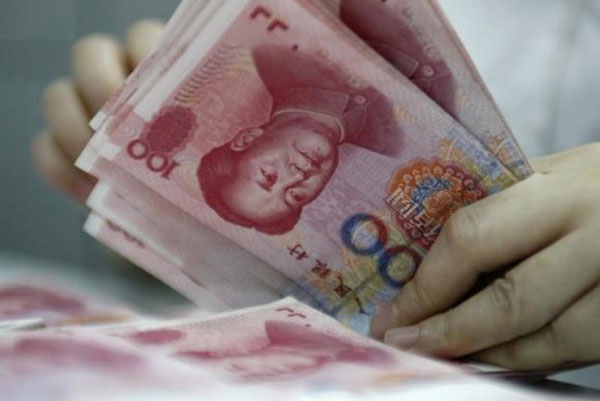Market to have more say in renminbi rate


Prudent, neutral monetary policy set 'to continue'
The People's Bank of China, the central bank, will allow the market to play a bigger role in determining the yuan's exchange rate while maintaining a prudent and neutral monetary policy this year, a top official said on Monday.
China will continue to deepen the reform of the yuan's exchange rate mechanism, based on market supply and demand and adjust it according to a basket of foreign currencies, Yi Gang, vice-governor of the PBOC, wrote in an article in a local magazine.
The currency's exchange rate mechanism will be "managed and floating". It will be more flexible when both up and down fluctuations may become the normal trend, said Yi, who also mentioned that the financial regulator will take "counter-cyclical measures" to adjust cross-border capital flows.
"The steady progress of the market-oriented reform on yuan's exchange rate is able to effectively enhance the resilience of the Chinese financial sector to tackle external shocks", said Yi.
The central bank official reiterated in the article that the country's monetary policy will remain "prudent and neutral" in 2018, to control the total money supply, while continually pushing forward financial reforms to let the market play a decisive role in resource allocation.
The top financial regulators are considering including shadow banking activities, real estate financing and fintech under the broad supervisory framework, known as the macro prudential assessment framework, to tighten regulation in those areas and prevent systemic financial risks, said the official.
Economists and experts predicted that the Chinese monetary policy might have a tight bias this year, influenced by the world's major central banks that might gradually withdraw the abnormal monetary easing since the global financial crisis as the global economy shows signs of recovery.
Wei Jianguo, former vice-minister of commerce, told China Daily that the change in big central banks' monetary policy tone from easing to normalization, especially when the United States Federal Reserve determined to reduce asset purchases and predicted another two or three interest rate hikes this year, will bring challenges for Chinese policymakers.
It might result in certain floating losses of overseas assets held by the Chinese government, as China holds a large amount of US Treasury bonds and the interest rate hikes will reduce the bonds' price, according to Wei.
"The Fed's interest rate hikes will add more pressure on China as cross-border capital outflows may accelerate, and it would become more difficult to maintain relatively balanced capital flows," said Wei.




































